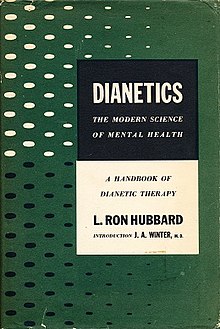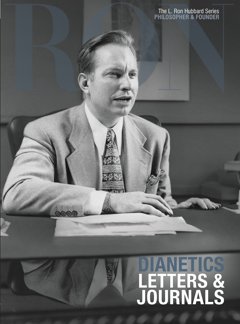What Does Dianetics Mean?
Wiki Article
Dianetics Can Be Fun For Everyone
Table of ContentsNot known Factual Statements About Dianetics Some Ideas on Dianetics You Should KnowFacts About Dianetics UncoveredAn Unbiased View of Dianetics
I could not ever before not wish to obtain anything that enters your mind for you- if it was otherwise, I wouldn't be sitting here with you, doing this. I not only could never have a problem, or otherwise wish to listen to something that comes to mind for you, but I'm totally anxious to understand every idea, every idea, every photo or sensation that emerges or manifests for you- do not ever before believe or else, and if somehow you do, please simply allow me know! Occasionally, you may have a thought, and picture, concept or case turn up that does not appear to address the concern, or associate to it, but however, always do tell me concerning it, and as we continue, the relevance will certainly arise for you.This is inherent in the basis of handling, and the subject of this conversation: the basic duties of the counselor and the customer: The fundamental duty of the therapist is, in contrast to "basic training", not to manage, which means to implement and/or prevent, yet to rather work from the basis of EMPOWERING THE CUSTOMER.

7 Easy Facts About Dianetics Described
John Mcmasters revealed this basic truth splendidly well in among his talks on Power handling, wherein he describes exactly how he was asked what this "unique propensity" was that he had for providing such great sessions; he needed to think of that for a minute, and detected that it was what he wasn't doing, along with what he was doing: he wasn't assessing, evaluating, computing, or in reality, producing any kind of thoughts, not to mention spoken expressions, after giving the command and while waiting for the PC to complete their solution to their complete satisfaction; he was, merely and just, being existing with the PC, and entirely interested.The duty of the counselor, showed; that was his "special knack". I have actually had my very own experience which instructed me this well, really early on in the game. In 1982, having actually lately finished my training and teaching fellowship on New Era Dianetics, I was running this on a COMPUTER, and there was a point in the session where (being a bit damp behind the ears not yet having numerous hours under my belt as a specialist auditor) the computer appeared to be "taking also long" to express anything verbally after I provided him a command.
This trick became one of the most important contribution that John ever before made to the subject of treatment or auditing (Dianetics). In my modest opinion, it is the greatest payment that anybody has ever before made to these subjectsthe application is totally non-judgemental, non-evaluative, and lacking any type of tip, advice or opinion.no preconceived schedule for individuals, or 'levels' that they should do
In Scientology we prided ourselves on not reviewing for people. All that actually indicated was that the auditor did not VERBALLY assess for the PC in session.
The Definitive Guide for Dianetics

Any individual who had actually ever seen John audit might not aid but notice a distinct high quality in his auditing."The client's standard duty is to be there with the objective of relocating in the direction of their spiritual goals, and to openly and completely reveal and experience whatever shows up for them in responding to the inquiries and implementing the instructions in the processing.
This is something to procedure as needed. But additionally, individuals often have prior experience and/or indoctrination in auditing/processing which, somehow, and to some extent, really misinforms them right into perspectives, concepts and habits patterns that avoid the complete understanding of these roles, therefore they will tend to prevent the expressing of This Site what comes to mind, as in the instances given over. * The very first, and perhaps primary see post examples of mis-indoctrination causing much less than completely smooth and effective sessions, can be located in certain aspects of the training regimens, or "TR's":"TR's" are typically a person's initial, or a minimum of early, experience in Scientology, and while I will certainly go on to clarify what I view as the imperfections in idea and technique, however, often tend to be substantially restorative, done as they are given (Hubbard urges that "TR's are not refining, they are educating", yet factually, they are both handling AND training)
Alan Walter made comparable observations, and enhanced these with his "Existence Processes". There is no "failing", and no denial of the fact of this being handling. The focus, as it needs to be, gets on experiencing the various other person's presence. All the indications which get a "flunk" in doing "TR-0" are merely the being's efforts to withstand the various other individual's existence, and rather than being bothered and pestered with "Flunk", which enforces "failing!" on the being, one simply requires to be urged to "stick their feet in the water a little deeper", to increasingly rehabilitate their ability and readiness to completely share and experience "being here", or "presence", with others.
About Dianetics

Report this wiki page